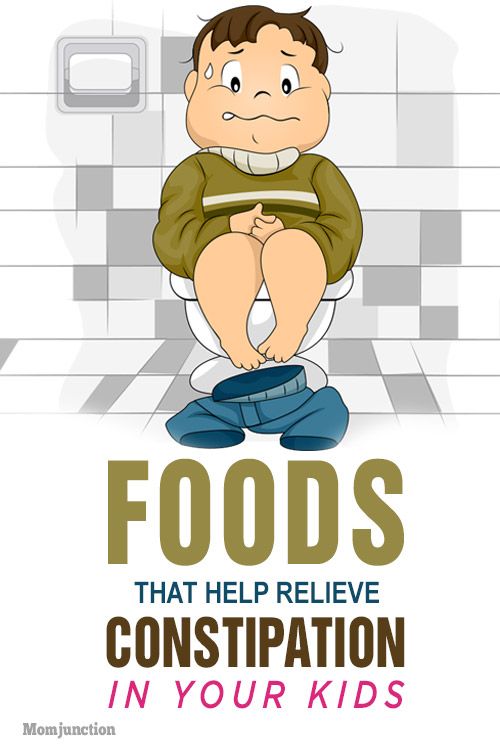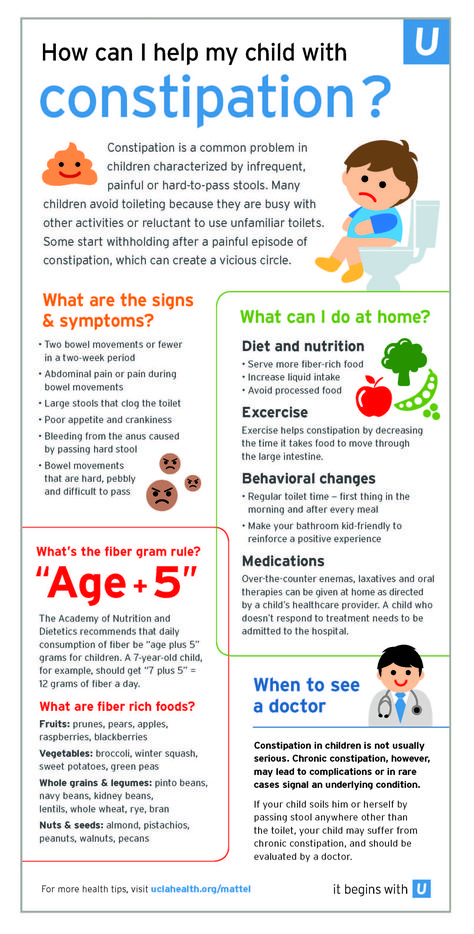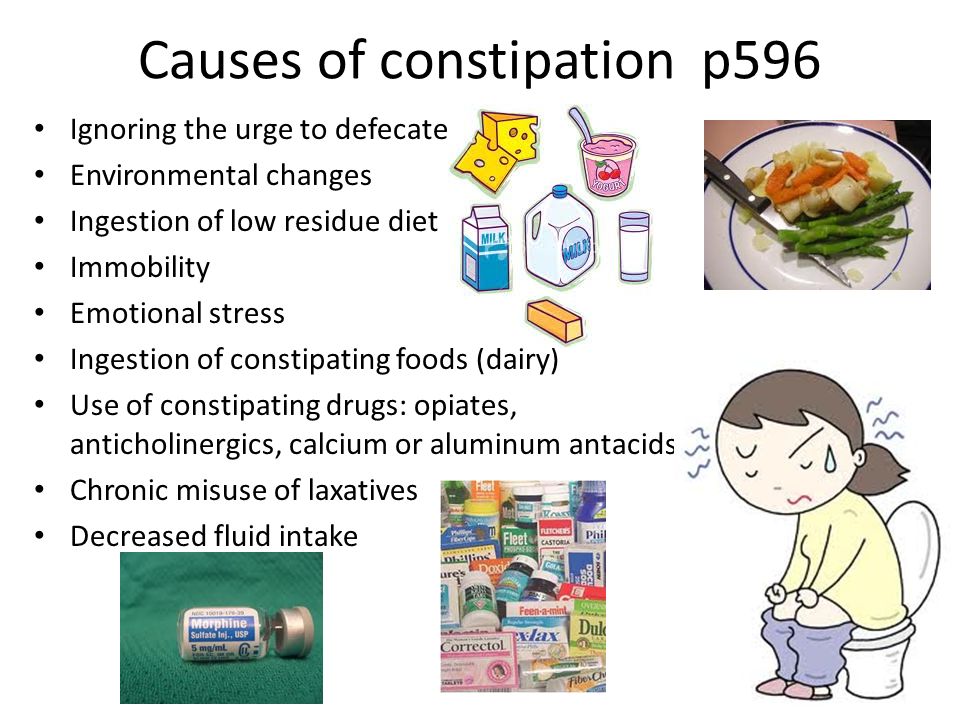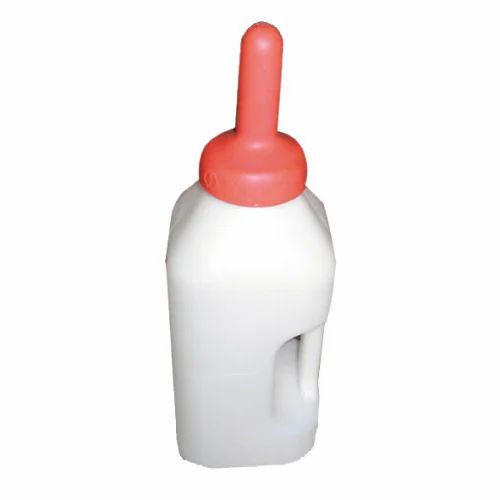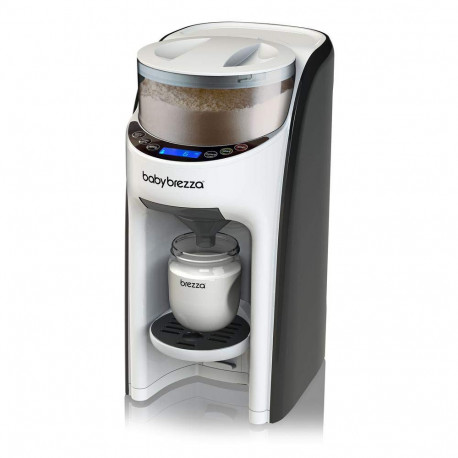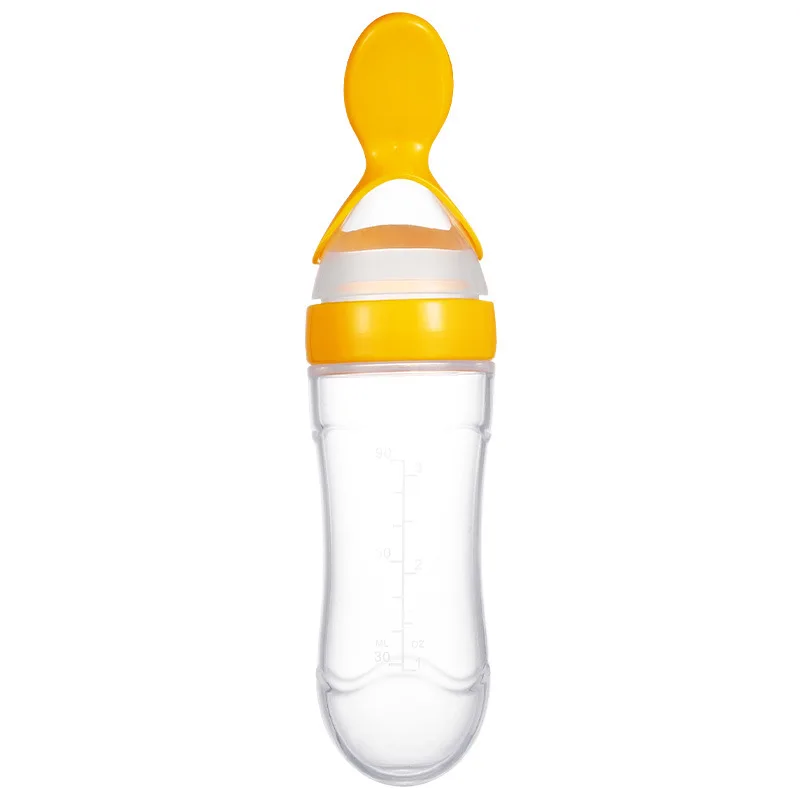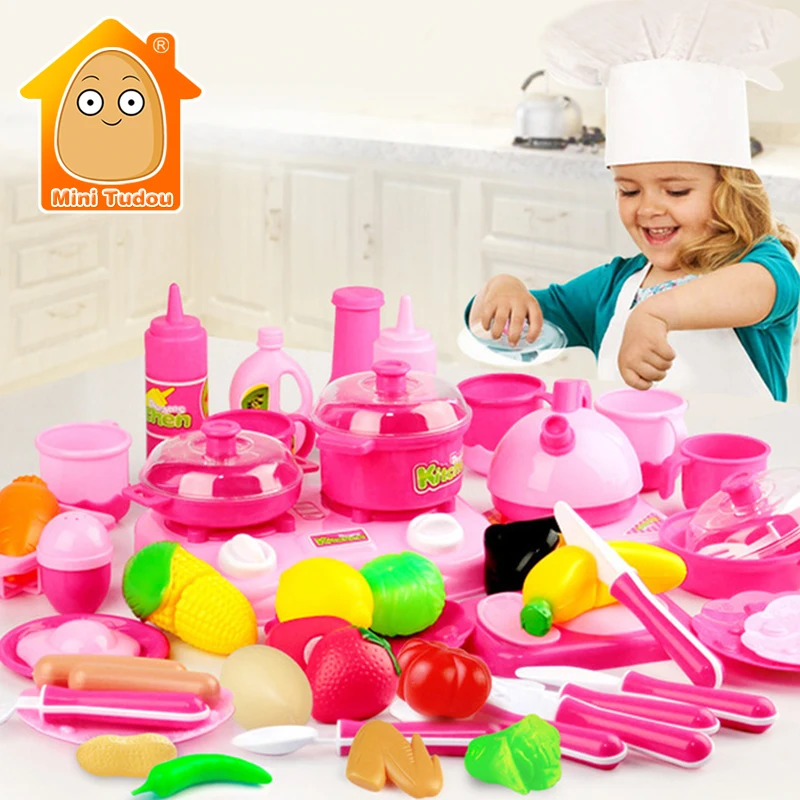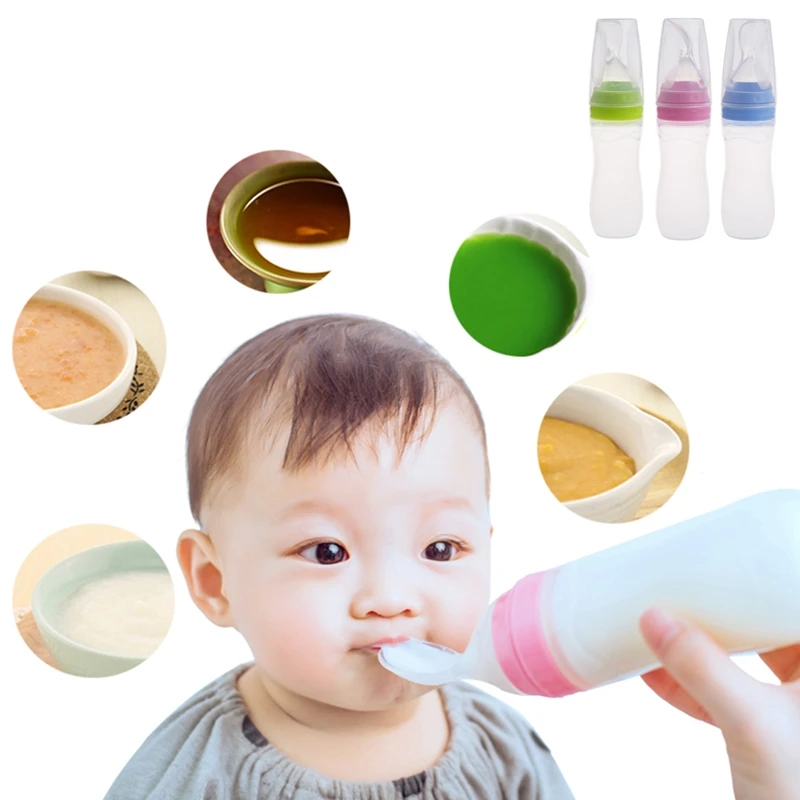Foods that can cause constipation in babies
List of 20 Foods that Cause & Relieve Constipation in Babies
If you are new parents, discussing your baby’s pooping habits must be a regular thing now. You’ll be surprised at how much you think, discuss, and worry about your baby’s poop schedule. If your baby has a hard time passing stool or passes a lot of gas daily, then without a doubt, you will worry and might think of consulting your baby’s paediatrician at odd hours. We understand your concern, but there is no need to panic. Your little one might be suffering from constipation, and it is very common in babies and toddlers.
A child’s pooping habits will depend on his eating habits. There are some foods which tend to constipate babies, especially when you start giving them solid foods. Read on to know about the various foods that can cause and relieve constipation in children, and find out how you can ensure that your child has a good bowel movement.
Video: 20 Foods That Cause and Relieve Constipation in Babies
Foods That Cause Constipation in Infants
If your child has just started eating solid foods and he is having difficulty in passing stool or has a dry and hard stool, then it is a sign of constipation. Baby’s fluid intake and diet will determine his bowel movements. Here is a list of foods that cause constipation in babies.
1. Milk Protein
Milk protein can cause constipation in babies. Milk proteins other than in the breast milk can cause this problem, and as a parent, you need to be careful once you start giving formula milk to your baby. Sometimes, babies may even develop an allergy to the protein present in breast milk, which may result in constipation.
2. Formula Food
Babies are often fed formula in their early years. Formula food consists of ingredients that are difficult to digest, which might result in constipation. Formula milk even contains complex proteins that may harden the poop and thus cause constipation.
Formula milk even contains complex proteins that may harden the poop and thus cause constipation.
3. Rice
Rice and porridge are the two solid food for babies that most mothers think of introducing as the first food to their babies. But some babies may find it hard to digest rice and may feel constipated.
4. Carrots
Carrots, when given raw or in the form of juice, are usually good for babies. But, if you feed steam-cooked carrots to your baby, then he might feel constipated. Steamed carrots tend to solidify the poop making it difficult for babies to excrete.
5. Raw Bananas
Babies are often fed raw bananas, as cooked vegetable, or as a porridge made out of sun-dried raw banana powder. Although giving a ripe banana is good, unripe banana is not. If you give an unripe banana to your baby, he might feel constipated and have gastric problem. Under-ripe or unripe bananas have starch in them, which can be hard for a baby to digest.
6. Apples
Apples are known to harden the stool so eating them while suffering from diarrhoea can help.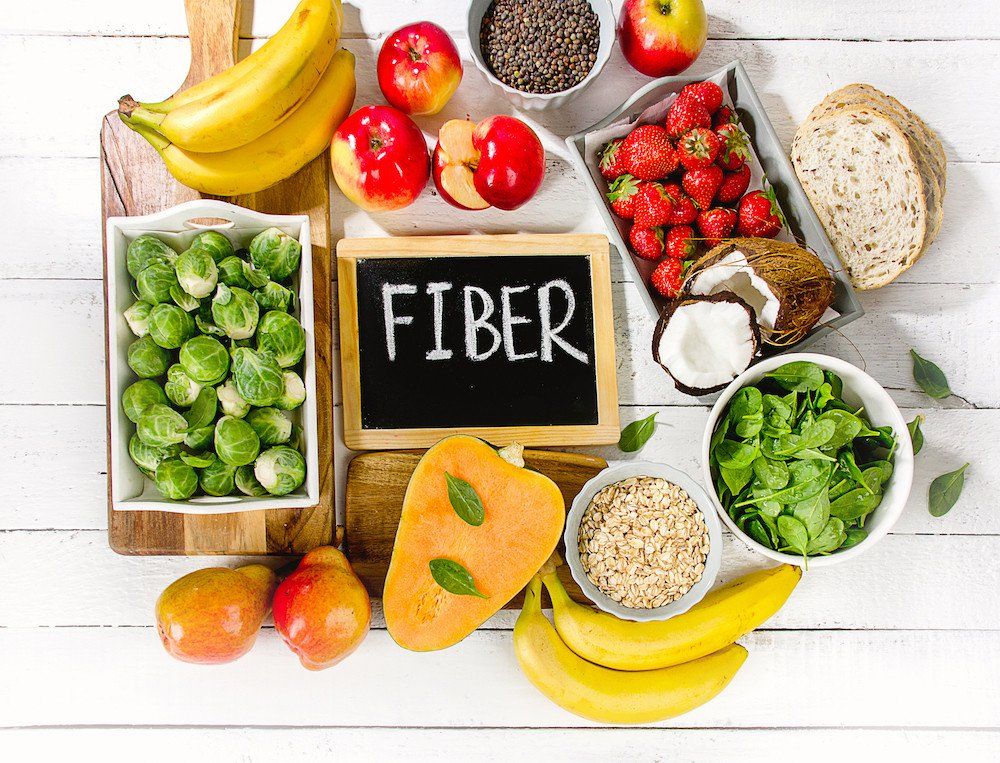 But steamed apples, a popular baby food, can cause constipation in babies. So don’t give steamed apples to your baby. Also avoid giving applesauce to your baby as it contains pectin protein, which hardens the stool.
But steamed apples, a popular baby food, can cause constipation in babies. So don’t give steamed apples to your baby. Also avoid giving applesauce to your baby as it contains pectin protein, which hardens the stool.
7. Cheese
Cheese is an excellent source of many essential vitamins and minerals and is a superfood for babies. It is usually given to babies as a snack. However, cheese is low in fibre and can cause constipation.
8. White Bread
White bread, made with all-purpose flour, is a processed form of grain and is low in fibre. Fibrous foods are known to improve digestion. However, white bread lacks fibre in substantial quantity and can cause constipation in babies.
9. Potatoes
Regular potatoes with skin have about 3 gm of fibre and can prevent constipation. If you give your baby potatoes with other veggies, then it won’t be a problem. However, if you give him potato chips or potatoes with butter or sour cream, then he may suffer from constipation.
10. Yoghurt
Yoghurt contains good bacteria that facilitate digestion. But, it also has a binding effect on food substances and sometimes may cause constipation in children.
Foods That Help Relieve Constipation in Infants
Now that you know which foods cause constipation in babies, so avoid incorporating them into your baby’s diet. If your baby is already suffering from constipation, then include these high-fibre foods in your baby’s diet. These foods will not only relieve the condition but also prevent it from occurring in future.
1. Prunes
Prunes are rich in fibre and a great source of multivitamins. Being a good source of fibre, they can ease and speed up the bowel movements. Prunes can be soaked overnight and given to a baby first thing in the morning. You can also give your baby prune juice. Prunes and prune juice are an excellent remedy for constipation.
2. Beans
Beans are packed with fibre and can be included in a baby’s diet if he is suffering from constipation.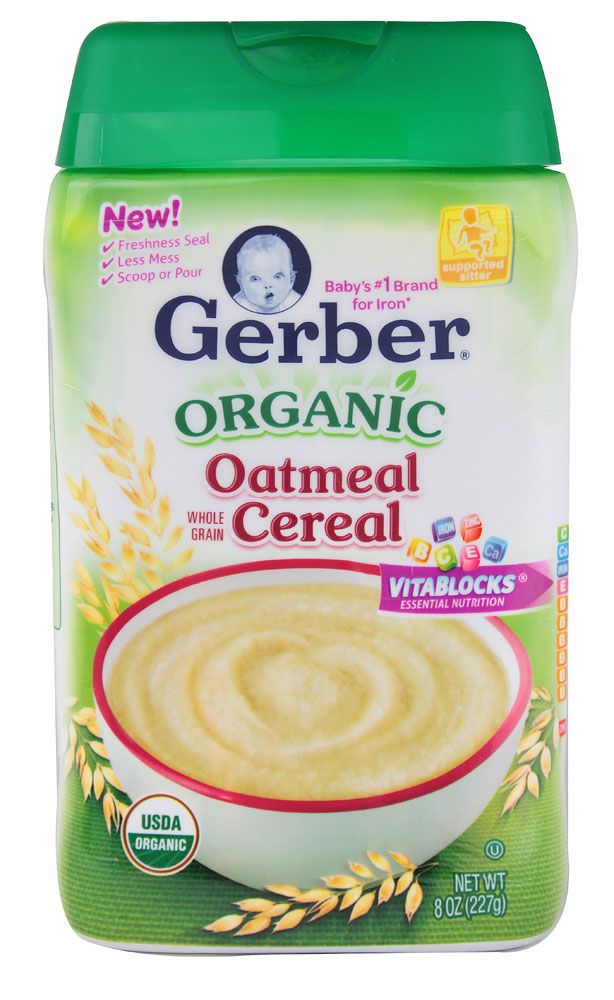 Eating beans will improve his bowel movements. As beans contain both soluble and insoluble fibre, it will help in digestion of food and help your little one excrete properly.
Eating beans will improve his bowel movements. As beans contain both soluble and insoluble fibre, it will help in digestion of food and help your little one excrete properly.
3. Green Peas
Fresh green peas available in winters are loaded with fibre – they are a perfect food to include in your baby’s diet if he is constipated. Peas can be given as a simple snack by just boiling and seasoning. Infants can be given boiled peas in the pureed form to aid bowel movements.
4. Apricots
Apricots are another seasonal fruit used for treating constipation. It can be given raw or in the form of juice. Dried apricots are also available in the market, which can be soaked overnight and given to babies.
5. Oatmeal
Oatmeal, a common and widely preferred food for babies, is an excellent food for children with recurrent episodes of constipation. Oatmeal can provide your baby with much-needed fibre and can prevent constipation.
6. Pears
Pears are rich in fibre and Vitamin C.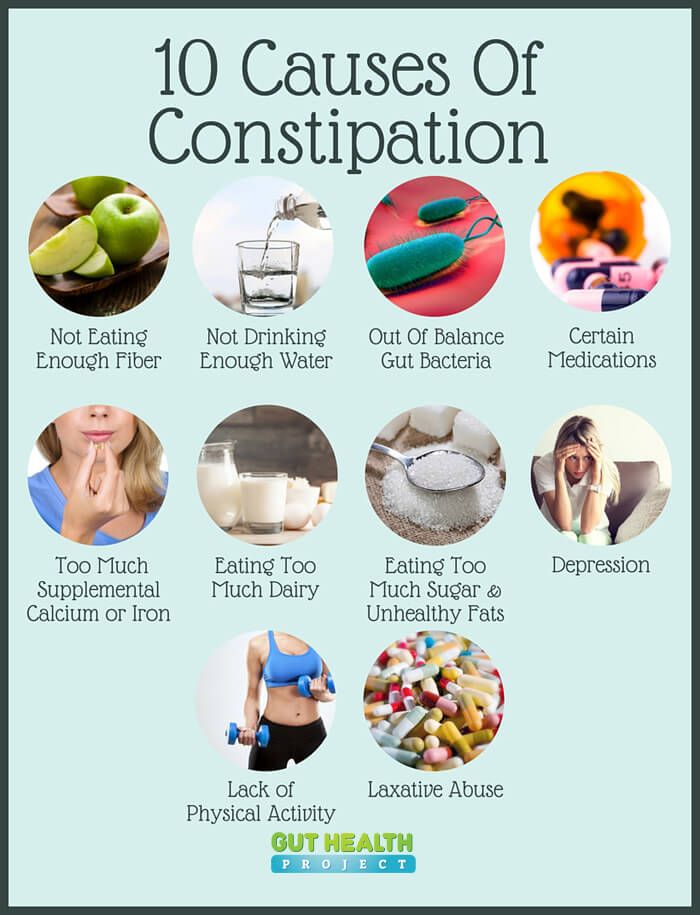 Both fibre and Vitamin C aid in proper digestion and relieve constipation. Babies can also be given a few drops of fresh pear juice to cure constipation.
Both fibre and Vitamin C aid in proper digestion and relieve constipation. Babies can also be given a few drops of fresh pear juice to cure constipation.
7. Broccoli
Broccoli, a superfood for babies, is a rich source of protein and fibre. Broccoli is also a good source of fibre, Vitamin C, Vitamin K, and folate. Green vegetables like spinach and broccoli add weight to stools, making them easier to pass through the gut. You can give small steamed broccoli florets to your baby as finger food. Broccoli also contains sulforaphane, which may protect the gut and aid digestion.
8. Sweet Potatoes
Sweet potatoes, unlike other tubers, are one of the best baby foods and they do not cause constipation. Sweet potatoes can help in relieving constipation and provide essential nutrients and carbohydrates to your growing baby.
9. Berries
Berries are rich in antioxidants and are an excellent food for babies and toddlers. They are also high in fibre, which is why they are a must-include in your baby’s diet.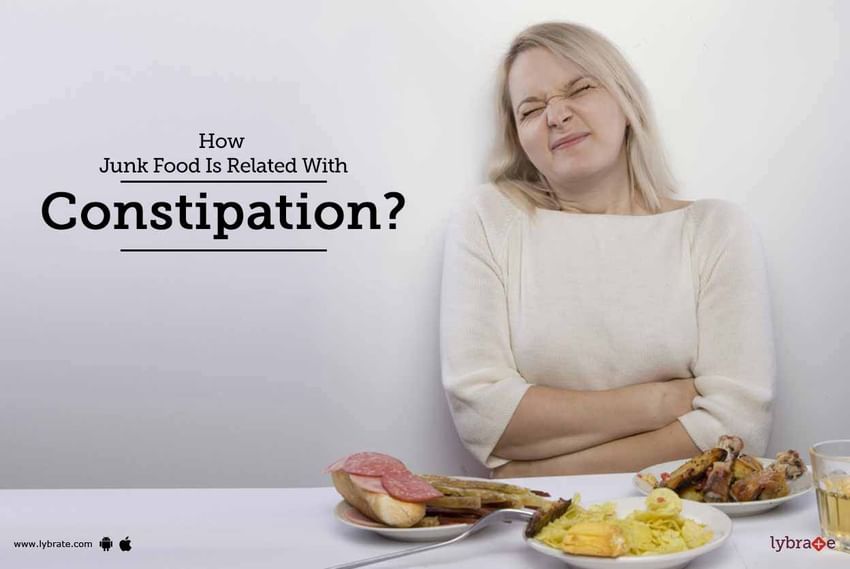 You can give berries to your baby in pureed form. By eating berries, your little tot won’t complain of constipation.
You can give berries to your baby in pureed form. By eating berries, your little tot won’t complain of constipation.
10. Whole Grain Bread
Whole grains foods have high fibre content in them, which is good for the heart as well as for the digestive system. You can give whole wheat bread to your baby – it is high in fibre and will prevent constipation in your little one.
FAQs
1. How Will You Know That Your Baby is Constipated?
If your baby is constipated, he obviously won’t be unable to communicate that to you. So watch out for these signs of constipation in him –
- He has three or fewer than three bowel movements in a week.
- His stools are hard and dry.
- He has a hard time pooping.
- He cries continuously and has a stomach ache.
2. How Can You Prevent Constipation in Your Baby?
To prevent and treat constipation in babies, here’s what you can do:
- If your baby has crossed the six-month mark, you can make him sip water in small amounts.
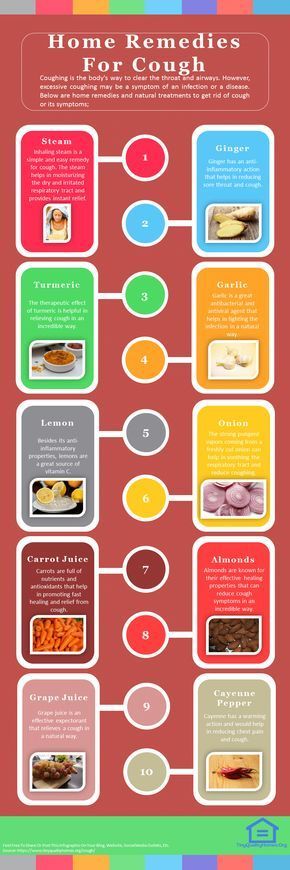 Before six months, he will get all the hydration he needs through breast milk. Later, you can start with foods that contain water and fibre, as water and fibre will improve his bowel movements.
Before six months, he will get all the hydration he needs through breast milk. Later, you can start with foods that contain water and fibre, as water and fibre will improve his bowel movements.
- Include high-fibre foods in his diet. Make prunes, berries, whole grains, and pulses in his diet as they are high in fibre content and aid digestion.
- Get your child into the habit of pooping. Once he is ready for potty training, make sure you make him sit on the toilet seat for at least 10 minutes at about the same time daily. It will get him into the habit of going to the toilet.
Many times, parents go through a lot of stress when their babies suffer from constipation. If your child is constipated, don’t worry. By making slight changes in his diet and encouraging him to do some physical activity (however, small) regularly can cure constipation and other stomach-related problems in him. However, if the problem persists and your baby doesn’t feel better, consult a doctor.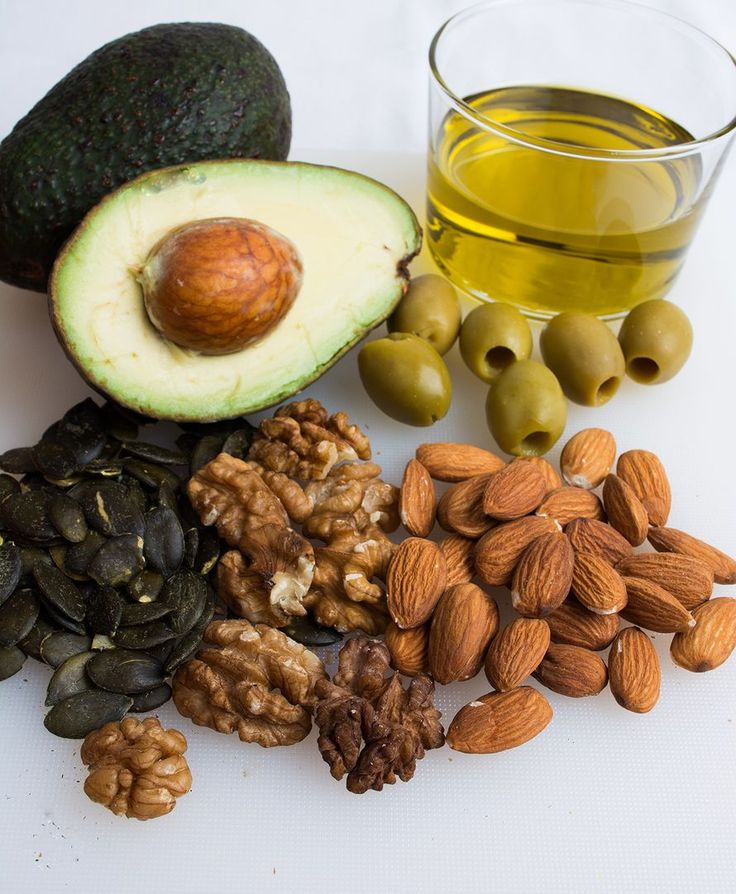
Also Read: Indigestion in Children
Starting Baby on Solid Food | Longwood Pediatrics
General information
You should generally start solid foods between 4-6 months of age. Starting solids earlier than this will not cause your baby to sleep longer at night and may cause digestive problems. For your baby’s first year, breastmilk or formula is the most important part of her diet. As you introduce solids, make sure that she is still drinking adequate amounts of formula or breast milk.
Feed your baby all solids from a spoon. Putting cereal in the bottle is not a good idea, and part of learning about solids is learning to eat with a spoon. You may want to start solids at a time when your baby is hungry but not starving, such as after he has had a little formula or breast milk, but not after a full milk feeding when he is not at all hungry.
Try to introduce new foods with enthusiasm, but do not force your child to eat something. If your child is not interested in a new food, put it away and try introducing it again later. When introducing new foods, there should be an interval of 2-3 days between each new food so that you will know if your baby is having a reaction to a new food.
When introducing new foods, there should be an interval of 2-3 days between each new food so that you will know if your baby is having a reaction to a new food.
If your baby develops vomiting, rash, or diarrhea, please do not give that food again and discuss this reaction at your next visit. If your child develops hives or breathing problems, please call the office.
What foods to introduce
- Feeding suggestions for your baby (download)
Somewhere between 4 and 6 months old, you may begin to introduce first foods such as infant cereals, pureed fruits, pureed vegetables, and pureed meats. Start with about one or two tablespoons of food once or twice a day. It is important to make sure that some of your infant’s early foods contain iron, which is important for all babies’ health. Iron-rich foods include iron-fortified baby cereals, meats, and beans.
Once your child is about 8 months old and sitting up well, you may introduce finger foods such as biscuits, Cheerios, pasta, soft bread/toast, small pieces of soft vegetables or fruits, and shredded chicken or meat.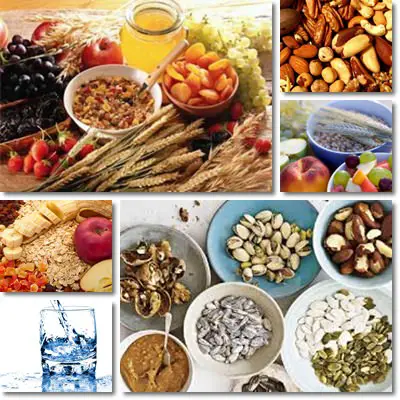
A note on constipation: Sometimes when a baby starts on solid foods, he will become constipated (hard stools). If your baby becomes constipated, use whole wheat or barley cereal instead of rice cereal and avoid bananas and sweet potatoes, which are constipating. All the fruits which begin with “P” (prunes, plums, pears, peaches) will help soften your baby’s stool, so give them often if your baby is having hard stools. If your baby is constipated, you may also give him 1 ounce of prune juice mixed with 1 ounce of water every day or two.
Beverages
For the whole first year, breast milk or formula should be your baby’s primary beverage. Typical amounts are listed in the table at the end of the sheet. Fruit juice tends to be high in sugar and fills up babies so they eat less nutritious food. We do NOT recommend giving juice to your baby in the first year.
Food sensitivities and allergies
While food allergies seem to be more common among children than they were in the past, no one knows the reason for this.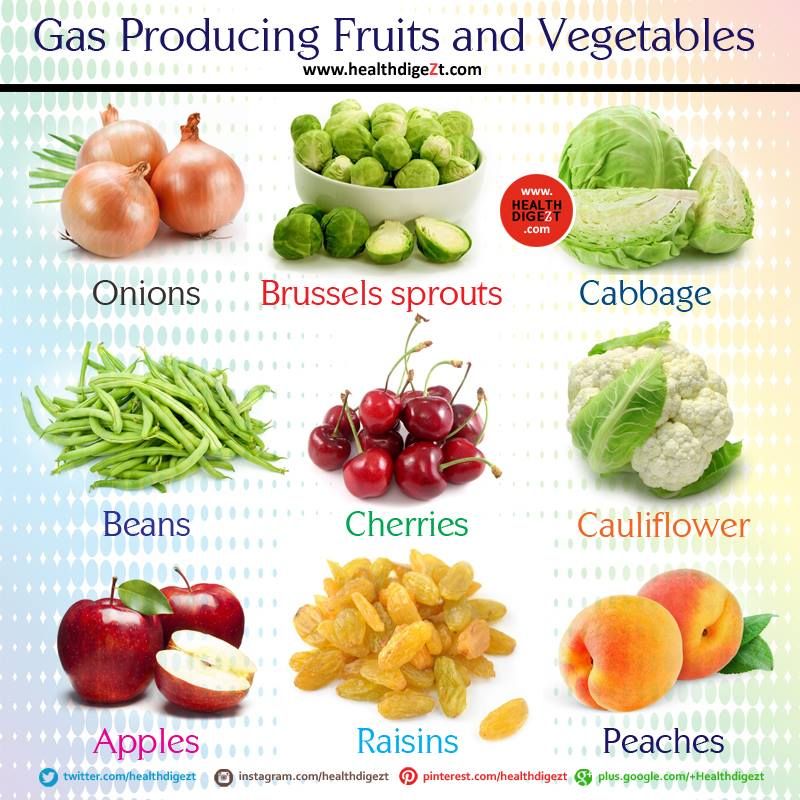 We do not recommend restricting any specific foods for babies because of concerns about allergies, but if you have food allergy questions or a family history of specific food allergies, please discuss this with your provider.
We do not recommend restricting any specific foods for babies because of concerns about allergies, but if you have food allergy questions or a family history of specific food allergies, please discuss this with your provider.
Citrus fruits and tomatoes may cause a rash around the mouth in young children, but this is not a true allergy and is not dangerous; if it happens, you may want to cut back on these types of foods and try them again at a later time.
Peanuts and peanut butter
Recent research suggests that early and continued eating of peanut products decreases the chance of developing a peanut allergy. Some children will still be allergic to peanuts, but introducing peanuts at 4-6 months can prevent peanut allergy for many children. If your child has other food allergies or severe eczema, (or if your family history causes you to be concerned), please discuss blood testing for peanut allergy before you introduce peanuts.
Other infants should begin eating peanut products at 4-6 months.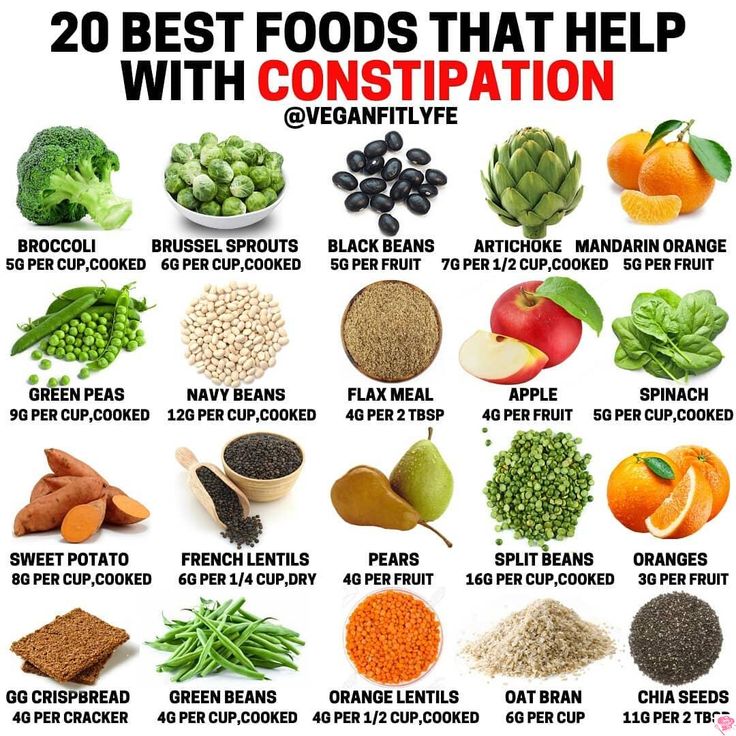 You can mix a small amount of smooth peanut butter into your infant’s baby cereal or pureed food. Bamba, a peanut puff product (available online and in the Israeli or Kosher food section of some grocery stores) can be crumbled into baby cereal. Give a small amount the first few times, and if it is tolerated without hives continue to feed peanut containing products 3 times a week. Older infants and toddlers should continue to eat Bamba or smooth peanut butter (spread thinly on bread or cracker) 3 times a week.
You can mix a small amount of smooth peanut butter into your infant’s baby cereal or pureed food. Bamba, a peanut puff product (available online and in the Israeli or Kosher food section of some grocery stores) can be crumbled into baby cereal. Give a small amount the first few times, and if it is tolerated without hives continue to feed peanut containing products 3 times a week. Older infants and toddlers should continue to eat Bamba or smooth peanut butter (spread thinly on bread or cracker) 3 times a week.
Caution!
- Nuts, whole grapes, spoonfuls of peanut butter, round slices of hot dog, hard raw vegetables, popcorn, hard candies, and ice are all choking hazards and should not be given to your child until at least 4 years old.
- All foods you give younger children should be soft and in small pieces.
- Do not give your baby honey until he is over 1 year old (honey can carry botulism spores that are dangerous for a young baby but not for older children or adults).
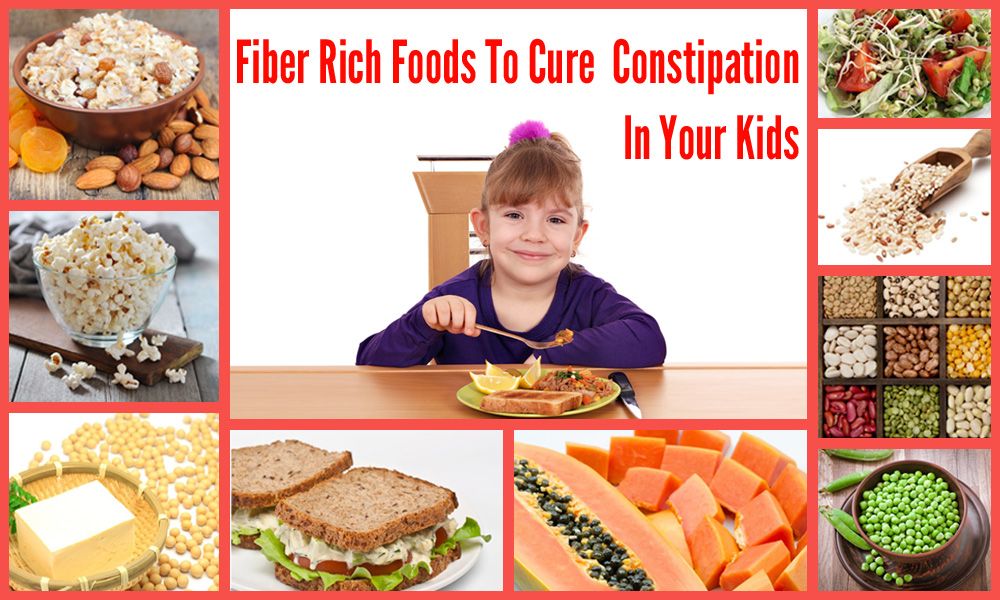
- Do not home prepare beets, turnips, carrots, spinach, and collard greens while your child is an infant. These can be high in nitrates when prepared at home, but are safe if given as store-bought baby food.
Mother's nutrition in case of constipation in a child
Co-author, editor and medical expert - Volosov Dmitry Dmitrievich.
Views: 275 353
Last update date: 10.2022 G.
Average Reading time: 8 minutes
Content:
- Classification of constipation in newborn and pectorals
- Causes of constipation in infants
- Importance of maternal nutrition in constipation in the infant
- Recommended products
- Products not recommended
- Maternal and child feeding rules to avoid constipation
- Feeding mother's menu for several days
Breast milk allows the baby to receive all the nutrients necessary for its growth and full development, and saves the mother from worrying about the correct selection of milk formulas, the temperature of the prepared baby food, etc.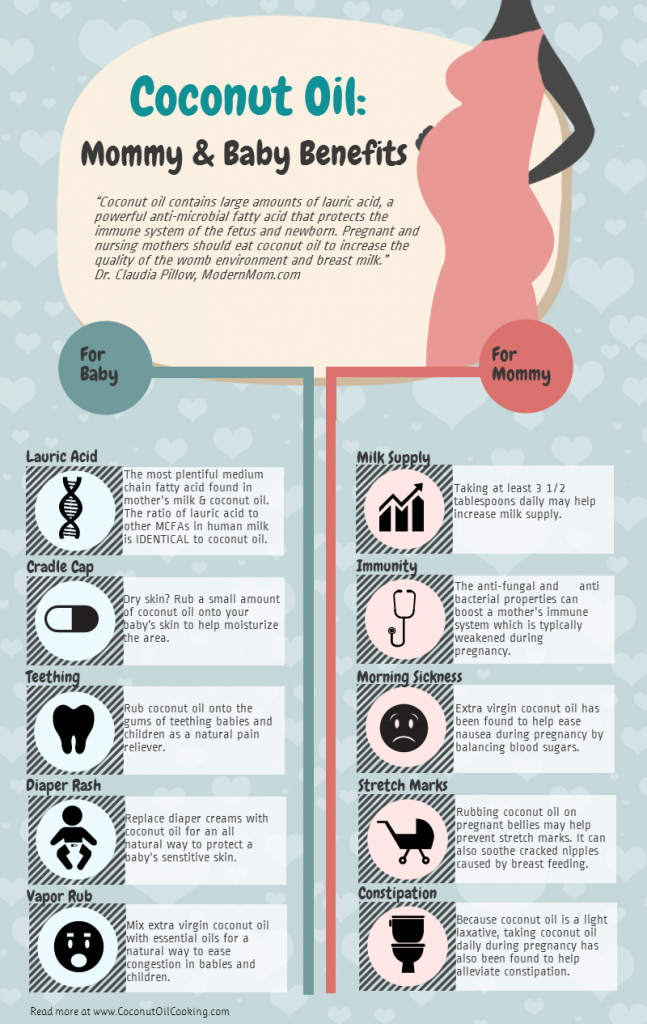 But there is a nuance in breastfeeding: the quality of the baby’s digestion directly depends on maternal diet. Therefore, quite often women turn to the doctor with the question of what to eat for the mother if the child has constipation, and how to normalize the stool of the newborn by correcting the diet of the mother.
But there is a nuance in breastfeeding: the quality of the baby’s digestion directly depends on maternal diet. Therefore, quite often women turn to the doctor with the question of what to eat for the mother if the child has constipation, and how to normalize the stool of the newborn by correcting the diet of the mother.
Classification of constipation in newborns and infants
Delayed stool in children can be acute or chronic. In the first case, it occurs once or is observed periodically, but with large intervals between episodes. In a chronic condition, this problem is relevant for a long period: the symptoms of constipation are observed constantly for several weeks or months.
In addition to classification by flow, constipation is divided into atonic and spastic. In the first case, the peristalsis is sluggish and weak, and the excreted feces are dense and voluminous. With spastic constipation, excessive peristalsis is observed in one of the sections of the intestine, which leads to a temporary "blockage" of feces and its difficult movement.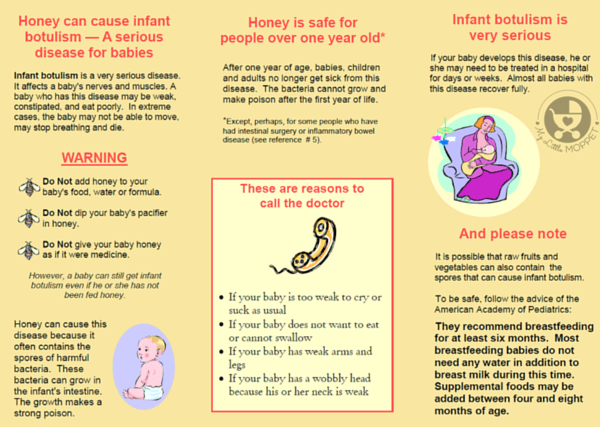 Feces with spastic constipation are heterogeneous, divided into small, dry and hard lumps.
Feces with spastic constipation are heterogeneous, divided into small, dry and hard lumps.
Back to content
Causes of constipation in infants
The most common causes of constipation in infants are:
- Improper nutrition of the mother. Maternal nutrition for constipation in a breastfed infant should be considered first. It is the violations of the diet in the mother that often lead to a delay in the stool in the child. The diet of a nursing mother with constipation in a baby often includes foods that have a fixing property.
- Features of the nervous system of the newborn. A kind of immaturity of the mechanisms responsible for innervation (that is, the supply of organs and tissues with nerves, ensuring their connection with the central nervous system) of the intestine can cause constipation due to an insufficient response of receptors to irritation by fecal masses.
- Maternal medication. A number of drugs necessary for the treatment of various diseases and conditions in a nursing mother give side effects in the form of a decrease in intestinal tone, slowing down peristalsis, etc.
 Therefore, when prescribing drug therapy, a woman should inform the doctor that she is breastfeeding.
Therefore, when prescribing drug therapy, a woman should inform the doctor that she is breastfeeding.
Back to Contents
Importance of Maternal Nutrition in Constipated Infants
Nursing Nutrition in Constipated Infants is much more important than it might seem at first glance. So, the lack of liquid in the diet leads to an increase in the fat content of milk, which can cause a delay in stool in a child. Consumption of a large amount of sweets and baked goods can change the chemical composition of milk. It also negatively affects the functions of the intestines in the baby. And the lack of plant products in the menu - vegetables and fruits, vegetable oils, etc. - reduces the amount of vitamins and minerals in breast milk, which can provoke not only constipation, but also other medical problems.
Back to content
Recommended foods
What to eat for constipated nursing mothers, you can choose from the list of recommended foods:
- Cereals .
 Wheat, oatmeal, corn, buckwheat porridge, whole grain bread, wholemeal or bran bread.
Wheat, oatmeal, corn, buckwheat porridge, whole grain bread, wholemeal or bran bread. - Meat products. All varieties of lean meat boiled, baked or stewed, soups in weak broths.
- Vegetables . Table beets, pumpkin, zucchini, cucumbers, cabbage, potatoes, tomatoes in the form of salads from fresh or boiled vegetables, side dishes, independent dishes (soups, stews, casseroles, etc.).
- Dried fruits . Dried apricots and prunes are the best laxative foods, but they should be limited to 3-5 per day. per day, as if consumed in excess, they can cause diarrhea.
Back to Contents
Unrecommended Foods
A diet rich in laxatives and fiber is not the only requirement for a constipated infant diet. It is equally important to exclude from the maternal menu products that produce a fixing effect. These include rice, semolina, pasta, muffins, sweets, pears, pomegranates, strong brewed tea, coffee, cocoa, chocolate.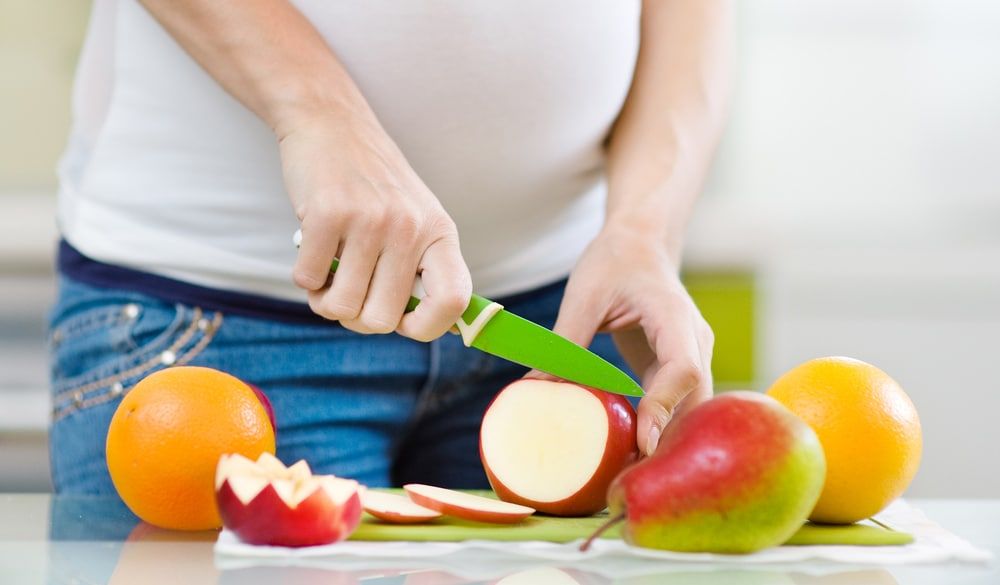
If constipation in a baby is accompanied by intestinal colic and increased gas formation, all legumes should also be excluded from the diet, and vegetables and fruits from the recommended list should be consumed only in processed form (soups, mashed potatoes, stews, etc.). Laxative products while breastfeeding should also be limited if the baby has unstable stools - alternating constipation and diarrhea.
Back to Contents
Maternal and Infant Feeding Rules to Avoid Constipation
Maternal nutrition in constipated infants is of great importance. But the diet and food hygiene mean no less: they help eliminate a number of factors that have an undesirable effect on the mother's body and, as a result, on the quality of breast milk.
Observe meal and feeding times . A clear regimen will make mom's digestion more efficient and, accordingly, improve the absorption of nutrients. And meals in small portions 4-5 times a day will ensure a uniform supply of nutrients to the milk.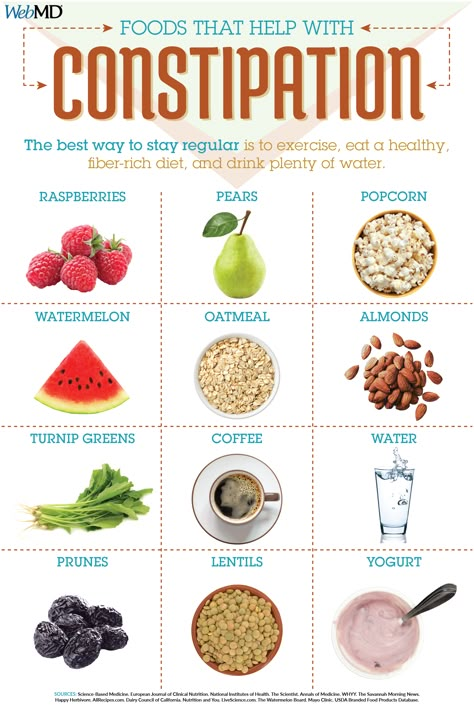 Feeding the baby should be based on the same principle. Teach him to eat at strictly allotted hours according to his age - a "disciplined" digestive system is much less prone to constipation.
Feeding the baby should be based on the same principle. Teach him to eat at strictly allotted hours according to his age - a "disciplined" digestive system is much less prone to constipation.
Maintain good feeding hygiene . In addition to traditional hygienic procedures before feeding (washing hands, wiping the nipple and areola), it is necessary to ensure that the child grasps the nipple correctly. With sucking movements, he should not swallow air - this can provoke disruption of the digestive tract. To ensure better hygiene and to make the mother feel more confident during breastfeeding, we recommend using JOHNSON’S ® 9 Breast Pads0134 Baby.
MICROLAX ® prepared a visual material especially for mothers of babies prone to constipation:
Up to content
Menu for a nursing mother for several days
If the baby has constipation, what should the mother eat and in what quantities? Here is the approximate composition of the diet for two days:
| 1st breakfast | Monday: 100 g of muesli filled with 100 g of yogurt or low-fat kefir, and weak tea with crispbread. Tuesday: 100 g porridge (oatmeal, buckwheat, barley), 150 g vegetable salad, dried fruit compote. |
| 2nd breakfast | Monday: apple, whole grain bread with a slice of cheese. Tuesday: Bran bread sandwich with honey, weak green tea. |
| Lunch | Monday: Serving of vegetable soup, 150 g of mashed potatoes with boiled beetroot salad and 100 g of boiled or baked fish, compote. Tuesday: cup of weak beef broth with whole grain toast, 150 g vegetable casserole, weak tea with 1 tsp. honey. |
| Snack | Monday: 2-3 pcs. dried apricots, 200 ml of kefir. Tuesday: 150 g finely grated fresh apple and carrot salad dressed with 1 tbsp. l. low fat sour cream. |
| Dinner | Monday: 200 g syrniki, prunes decoction. Tuesday: 150 g chicken breast, 100 g fresh or boiled vegetable salad, kefir - 200 ml. |
Further, your diet should be built similarly to this example, taking into account the recommended and undesirable products.
Back to Contents
The information in this article is for reference only and does not replace professional medical advice. For diagnosis and treatment, contact a qualified specialist.
20 types of foods that cause constipation and other foods that relieve constipation in babies
If you are a new parent, this should be a discussion of your child's habit Play is now normal. You will be surprised how much you think, discuss and worry about your child's schedule. If your child has problems with stools or is experiencing pain Gas You will no doubt worry every day and you can consult a pediatrician in the late hours. We understand your concerns, but you have nothing to worry about.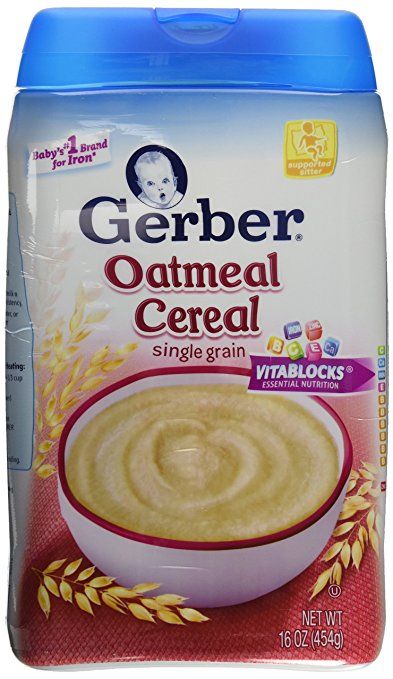 Your little one may suffer from constipation. This is very common in infants and young children.
Your little one may suffer from constipation. This is very common in infants and young children.
A child's laying habits will depend on their eating habits. There are some foods that tend to work to keep kids going, especially when you start giving them solid food. Read on to learn about the various foods that can cause constipation and other foods that relieve constipation in children, and learn how you can make sure your child has a good bowel movement.
In this article
Foods that cause constipation in babies
If your child has just started eating solid foods and is having trouble with bowel movements or has dry, hard stools, this is a sign of constipation. A child's fluid intake and diet will determine their bowel movements. Here is a list of foods that cause constipation in children.
1. Milk protein.
Milk protein may cause constipation in children. Milk proteins other than those found in breast milk can cause this problem, and as a parent you need to be careful when you start giving formula to your baby. Sometimes babies can develop an allergy to breast milk protein, which can lead to constipation.
Sometimes babies can develop an allergy to breast milk protein, which can lead to constipation.
2. Formula milk
Infants are often fed formula at an early age. The formula consists of ingredients that are difficult to digest and can cause constipation. Even formula milk contains complex proteins that can harden poop and thus cause constipation.
3. rice
rice A cereals are two solid baby foods that most mothers consider the first food for their babies. But some children may find rice difficult to digest and may experience constipation.
4. Carrots.
carrot Raw or juiced, it is usually suitable for children. But if you feed your baby steamed carrots, he may feel constipated. Steamed carrots harden the poop, making it harder for children to excrete.
5. Raw banana
Children are often fed raw banana as a cooked vegetable or as a porridge made from raw dried banana powder. While bananas can be given, unripe bananas are not. Giving an unripe banana to a child can cause constipation and stomach problems. Includes banana Ripe or unripe contains starch, making it difficult for a child to digest.
Giving an unripe banana to a child can cause constipation and stomach problems. Includes banana Ripe or unripe contains starch, making it difficult for a child to digest.
6. Apples
apples are known to harden the stool, so eating it during infection with diarrhea may help. But stewed apples, a popular food for children, can make children constipated. So don't give your child boiled apples. Also, don't give your child apple juice, as it contains pectin, a protein that makes stools harder.
7. Cheese
Cheese is an excellent source of many vitamins and minerals and a great food for children. It is usually given to children as a snack. However, cheese is low in fiber and can cause constipation.
8. White bread.
White bread, made from all-purpose flour, is a processed grain with a low fiber content. Fibrous foods are known to improve digestion. However, white bread lacks fiber in large quantities and can cause constipation in children.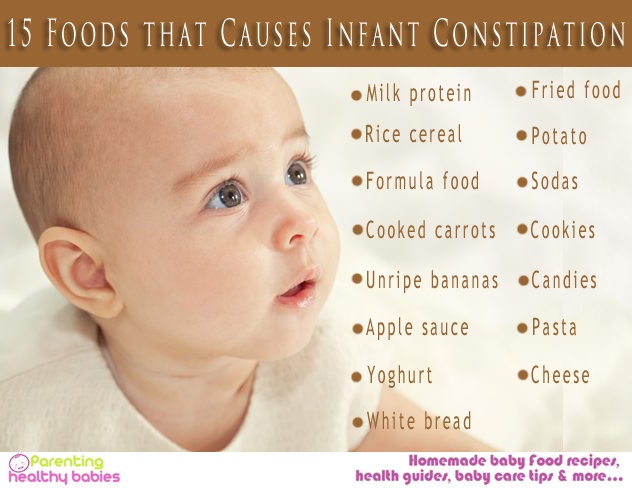
9. Potato
A regular potato with skin contains about 3 g of fiber and can prevent constipation. If you give your child potatoes along with other vegetables, this will not be a problem. However, if you give him potato chips or potatoes with butter or sour cream, he may become constipated.
10. Yoghurt.
Yogurt contains good bacteria that aid in digestion. But it also has a nutrient-binding effect and can sometimes cause constipation in children.
Foods to Help Relieve Constipation in Babies
Now that you know what foods cause constipation in babies, don't include them in your baby's diet. If your child is already constipated, include these high fiber foods in his diet. These products will not only alleviate the condition, but also prevent its occurrence in the future.
1. Peach
Peaches are rich in fiber and are an excellent source of multivitamins. As a good source of fiber, they can make bowel movements easier and faster. Peaches can be soaked overnight and given to a child in the morning. You can also give your child the juice from the pruning. Prunes and plum juice are excellent remedies for constipation.
Peaches can be soaked overnight and given to a child in the morning. You can also give your child the juice from the pruning. Prunes and plum juice are excellent remedies for constipation.
2. Bean
Beans are rich in fiber and can be included in a child's diet if he suffers from constipation. Eating beans will improve bowel movements. Since beans contain both soluble and insoluble fiber, they aid in the digestion of food and help the child to excrete food properly.
3. Green peas
Fresh green peas, available in winter, are high in fiber and are the perfect food to include in your child's diet if they suffer from constipation. Peas can be given as a simple snack, simply boiled and seasoned. Babies can be given boiled peas in the form of mashed potatoes to facilitate bowel movements.
4. Apricot
Apricots are another seasonal fruit used to treat constipation. It can be given raw or as juice. The market also sells dried apricots, which can be soaked overnight and given to children.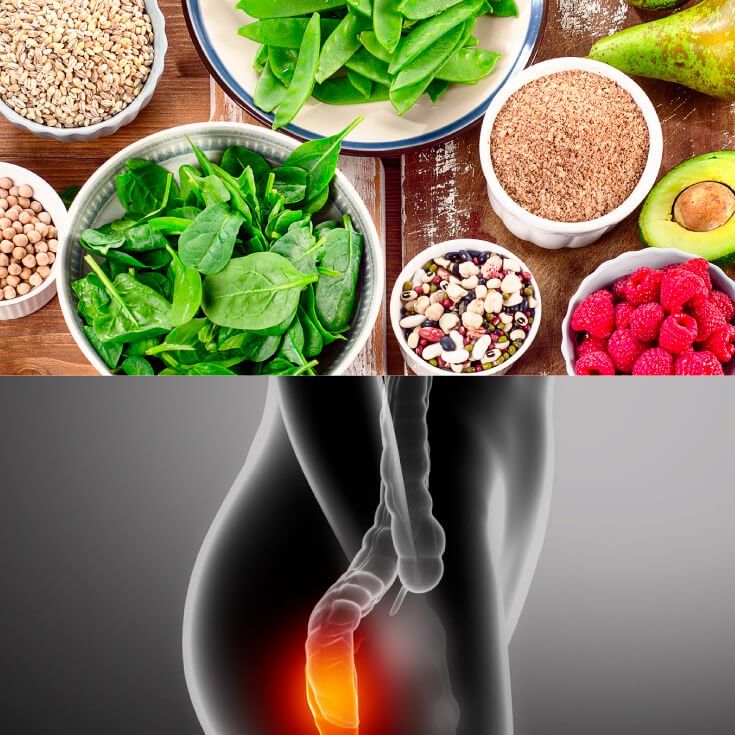
5. Oats
Oats This is a popular and widely used food for children and an excellent food for children who suffer from frequent bouts of constipation. Oatmeal can provide your child with much-needed fiber and prevent constipation.
6. pear
Pear fruits are rich in fiber and vitamin C. Both fiber and vitamin C promote proper digestion and relieve constipation. A few drops of fresh pear juice can also be given for constipation.
7. Cauliflower.
Cauliflower is an excellent food for children and is a rich source of protein and fiber. Broccoli is also a good source of fiber, vitamin C, vitamin K, and folic acid. Green vegetables like spinach and broccoli make stool heavier, making it easier to pass through the intestines. Small steamed broccoli florets can be given to your baby like a finger. Broccoli also contains sulforaphane, which protects the intestines and aids in digestion.
8. Sweet potatoes
Sweet potatoes, unlike other tubers, are one of the best foods for children and do not cause constipation.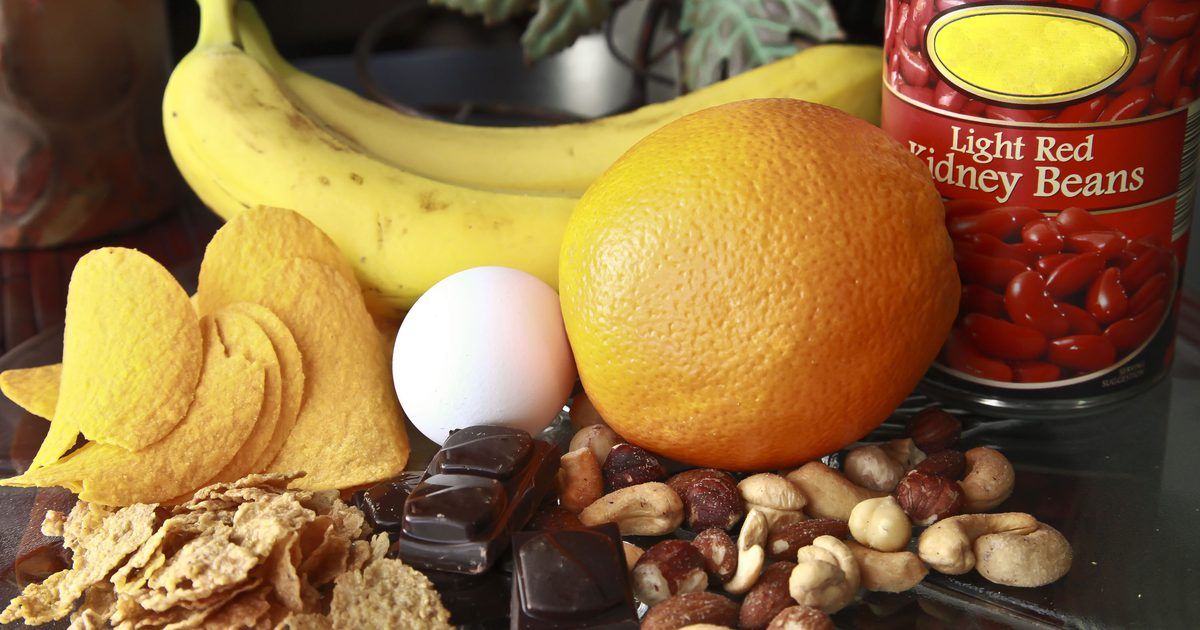 Sweet potatoes can help relieve constipation and provide your growing child with essential nutrients and carbohydrates.
Sweet potatoes can help relieve constipation and provide your growing child with essential nutrients and carbohydrates.
9. Raspberries
Berries are rich in antioxidants and are an excellent food for babies and young children. It is also rich in fiber, so it should be included in your child's diet. You can give berries to your baby in the form of puree. Eating berries, your baby will not complain of constipation.
10. Whole grain bread.
Whole grains are rich in fiber, which is good for the heart and digestive system. You can give your child whole grain bread - it is rich in fiber and prevents constipation in your baby.
questions and answers
1. How do you know if your child is constipated?
If your child is constipated, they will obviously not be able to tell you. So watch out for these signs of constipation -
- Has three or fewer bowel movements per week.
- Stool hard and dry.
- It is difficult for him to pass.
